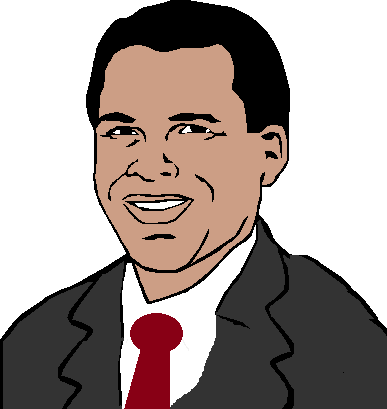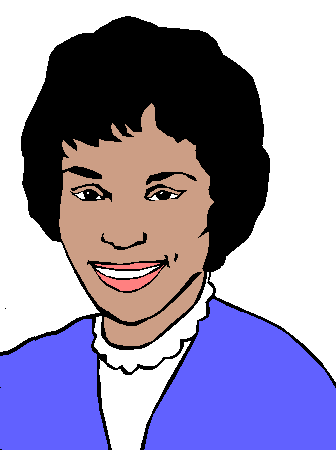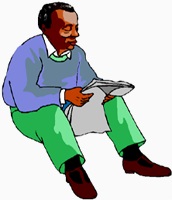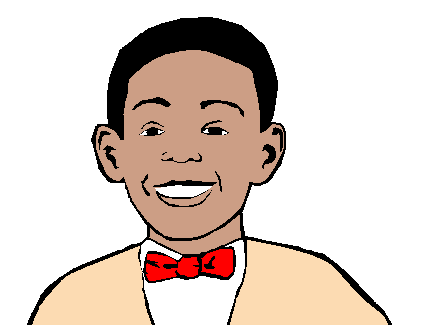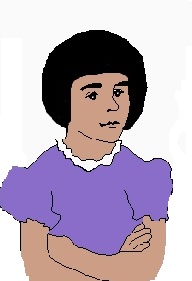In Igbo land, Obi is a popular name of a person or family name, although none Igbo people are now using the name. So, you have to make sure that the person is an Igbo person before greeting him in Igbo Language. Once I made the mistake of greeting someone in Igbo Language because I saw his name tag written in Igbo and to my surprise, he is not an Igbo person.
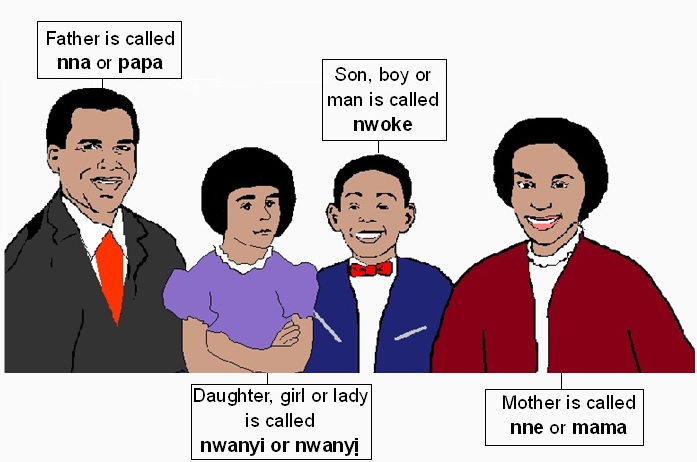
As mentioned above that Obi is a popular Igbo name of a person or family name, also may mean family land, compound or house. Although 'obi' may as well mean heart or chest under human parts in Igbo Language. However, here we mean a name of a person. In Igbo language a name means aha. You can say "aha ha bụ Obi" meaning that their name or family name is Obi. People would know when you’re saying their name is Obi, they know you are referring to their family name. You can say "aha ezi ụlọ ha bụ Obi" meaning their family name is Obi.
Family means ezi or ezi ụlọ. You can sometimes use only ezi for family or use ezi ha meaning their family. One could also say ezi ụlọ ha which means the same as their family. In many cases, you can refer to a family with ndi which would be usually followed by the family name like ndi Obi.
